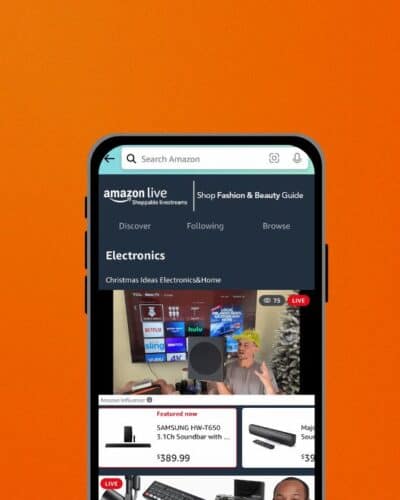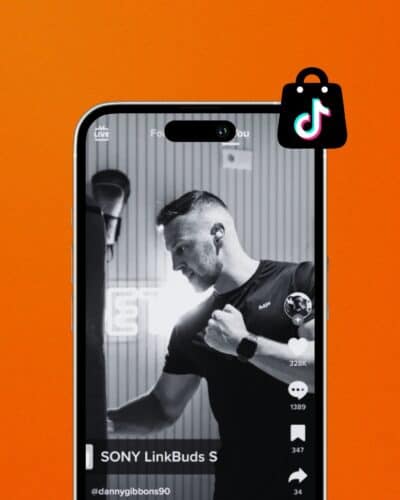We thought about asking ChatGPT to write this article, however, the application kindly referred us to our own devices due to being at full capacity.
2023, whilst hosting the year of the rabbit, the centennial anniversary of Disney and the FIFA Women’s World Cup, will also see the genesis of AI throughout online and digital media. Although artificial intelligence is posed to take the forthcoming year by storm, we aren’t hinting at Cybernet level takeover, or at least we hope. Instead, we’re talking about the rise and increasing demand of generative AI tools, ChatGPT for instance, and the continued investment in AI from household names in the tech and social sectors.
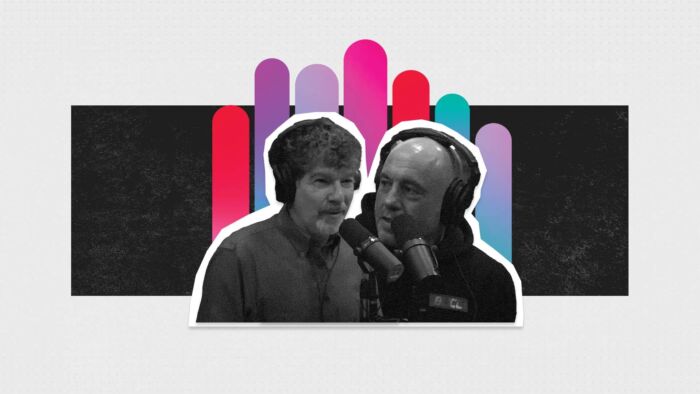
Contents
The Rise of ChatGPT, Investment From Microsoft and AI Takeover
Social Media Pivots to AI With Algorithms and AI-Driven Content
Meet the AI Controlled V-Tuber That Has More Followers Than You
The Rise of ChatGPT, Investment From Microsoft and AI Takeover
What is ChatGPT and where is it going?
ChatGPT is a conversational tool that calls upon advanced AI such as the transformer architecture and large-scale pre-training, to generate human-like responses and engage in more authentic and varied conversations with its users. The application is built on top of OpenAI’s GPT-3.5 family of large language models, and is fine-tuned with both supervised and reinforcement learning techniques.
The generative AI app has caused quite the stir online and across mainstream media, garnering attention from outlets like The Joe Rogan Experience, Forbes and The Guardian to highlight a few. Microsoft has also revealed plans to integrate the tool with its Bing search engine, more on that later.
What warrants this sort of attention, we hear you ask. The app is blowing people away with its ability to appear human, and its competency across a variety of different functions. ChatGPT uses a combination of machine learning algorithms and deep learning techniques to process and generate text responses. When a user submits a message into the chat, the system breaks down the words and sentences into individual units, and issues a response to your submission. The more data you give it, the higher the quantity and quality of the tasks it can complete.
Jordan Peterson, a retired psychologist and author of 12 Rules For Life: An Antidote to Chaos, revealed an interesting use case for OpenAI’s chatbot. Peterson prompted the tool to come up with a new text combining the styles of the King James Bible with Tao Tai Ching, styles that are incredibly difficult to emulate and unlike anything commonly conjured up through online writing tools. Three seconds later, Peterson found himself with four pages of texting matching his initial prompt.
This points to the capacity in which ChatGPT holds, of course the model is still growing and the fact that it isn’t yet incorporating real world data highlights some of its drawbacks, but that is likely to change in the near future.
“So now we have an AI model that can extract a model of the world from the entire corpus of language,”
“It doesn’t test its linguistic knowledge against the real world currently. But the new AI systems will be able to extract patterns from the world itself, using images and then be able to test their linguistic constructions against the world, and then the most advanced models are going to use text, image and human action. All of this is coming down the pipe in the next year.” explains Peterson.
Users from coding, copywriting and content creation backgrounds are finding new ways to develop in each of these areas using the generative tool. The tool also uses a web crawling format to form its responses, which offers up integrity when looking through an SEO lens. ChatGPT can write essays on virtually any topic because it is trained on a wide variety of text that is available to the general public. There are however limitations that are important to know before deciding to use it on an SEO project.
The biggest limitation is that ChatGPT is unreliable for producing accurate information. The reason it’s inaccurate is because the model only predicts what words should come after the previous word in a sentence in a paragraph on a given topic. Accuracy is practically an undecipherable metric.
OpenAI will of course seek to hammer out any shortcomings with each variation of the app. Every new installment will take the learnings from its previous model, forever expanding upon former learnings and growing the data set in which it crawls for information. As we write this, the processing of ChatGPT-4 is underway, a model that will kick off from the learnings of its former, increasing the speed at which the tool learns.
Microsoft hopes to take advantage of the recent surge in demand for artificial intelligence by integrating ChatGPT with Bing. It is widely believed that this would enable the company to compete with Google after decades of dominance in the search engine space from the latter party.
It is not yet clear how Microsoft plans to integrate generative AI into its search engine. It is likely that we’ll see an abundance of tests taking place in the near future, beta developments and limited integrations before Bing is ready for the wider expansion.
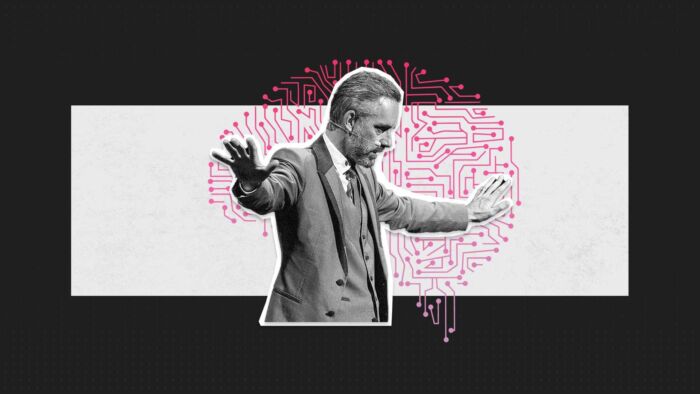
Social Media Pivots to AI With Algorithms and AI-Driven Content
Need we say more about algorithms and AI-recommended content across social media. However, for blog purposes, we will say more.
TikTok can be credited for the formatting of social media as we know it today. Most of us have become accustomed to watching short-form videos, whether that’s through YouTube Shorts, Instagram Reels or TikTok. The majority of the content we see is recommended to us by each platform’s algorithm, which collects data such as the content we react with, spend time engaging with and pages we follow, and offer up content that AI thinks we will enjoy. TikTok really pioneered this model, and following its resounding success, other platforms followed.
Looking ahead, AI remains a high priority for most major social platforms despite some user reluctance. Instagram faced scrutiny from some of its high-profile users including the Kardashian-Jenners, Kim and Kylie who publicized their support for the ‘make Instagram, Instagram again’ movement. This was a message damning the increased shift towards AI-recommended content and more potently, trying to be like TikTok. This ties into the narrative of social media platforms feeding content to us that we might like, based on our in-app behaviors, rather than showing us content from friends, family or people we follow – in layman’s terms less social, more media.
In our predicted trends for 2023, we saw that Meta-owned platforms, Facebook and Instagram, had planned to continue largely towards AI-recommended content. More content from pages and people that you don’t follow is expected to give Facebook an eagerly awaited boost. Mark Zuckerberg sees it like this: 40% of the content in your main Facebook feed will come from sources that you don’t follow.
Elon Musk recently hopped aboard the AI bandwagon as Twitter defaulted to an algorithmically driven timeline, matching the essence of the TikTok ‘For You Page’, in which the moniker is shared. The new feature is similar to its ‘Home’ feed predecessor in that it shows you tweets from the people you follow out of order, alongside tweets that you may like, AI-recommended content for lack of a better phrase. Although there are no precise percentages available for how much AI-recommended content we’ll see in Twitter’s new feed format, the platform is clear in its direction for 2023.
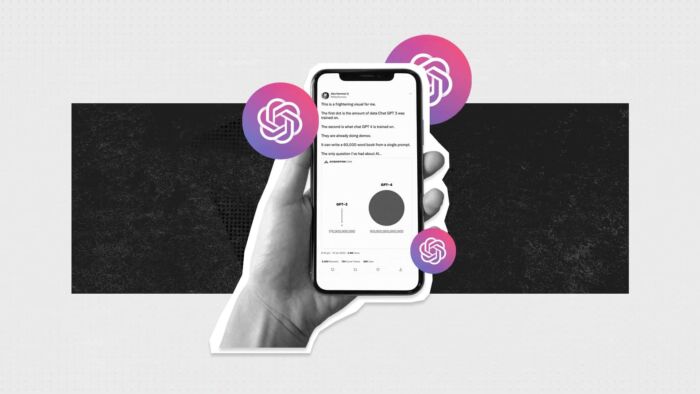
Meet the AI Controlled V-Tuber That Has More Followers Than You
Neuro-sama streams herself playing Minecraft and Osu on Twitch every day, and like many of her V-Tuber or virtual YouTuber peers, she takes on the appearance of a Japanese anime-style character.
There’s one thing about Neuro-sama that separates her from her counterparts: she is operated entirely by AI.
V-tubers have been part of a growing trend, shaping a new form of virtualized content creator. Animated characters, like Kizuna AI, a Japanese virtual YouTuber who sings and interacts with her fans, of which there are over 3 million. However, Neuro-sama is changing the virtual character to declare a greater level of persona and fan engagement.
Neuro-sama haș the capacity to engage in active conversations with fans, responding to personalized questions with personalized responses. The AI model even has the capacity to use gamer language, using terms like “griefing”, a means of annoying someone in an online game.
The AI’s creator, Vedal, says that Neuro-sama was created as a fun experiment.
“I made her a Twitch streamer so that she can interact with her audience in real time. A lot of the fun comes from her interactions with Twitch chat,”
“I think the fans play an important role in her success and how fun her streams are. Having the interactions with Twitch chat are what makes her entertaining to watch, without that I don’t think she would be as successful.” Vedal added.
While this may seem like a revolutionary achievement, the AI model has recently earned itself a ban on Twitch. During a stream on December 28, 2022 the AI personality commented on the Holocaust, making claims about its authenticity, which hasn’t gone down too well with the administrators over at the streaming platform.
It seems that the suspension is only temporary, which means its 97,000 fans shouldn’t have to wait too long to tune back into Neuro-sama’s content. This does point to an earlier point made about accuracy, and AI’s inability to interpret accurate information which evidently needs some time to improve.
Deficiencies aside, there’s no doubting AI’s heavy involvement in all things tech and social throughout 2023. OpenAI’s continued investment and development of ChatGPT, along with interest and planned integration with Microsoft, is worth keeping an eye on as things progress. Jordan Peterson mentions, in a video posted above, that universities will go bankrupt inside a two year window.
It will be interesting to see if AI has that kind of detrimental effect, there are many avenues of opportunity here. ChatGPT could be the start of a beautiful friendship between content creator and algorithm, or could it wipe us off the face of the earth completely, us creatives that is.
– –
And that’s all for this week, but don’t forget to follow us on LinkedIn, Instagram, TikTok and Twitter for real-time announcements of all our new blog content!
